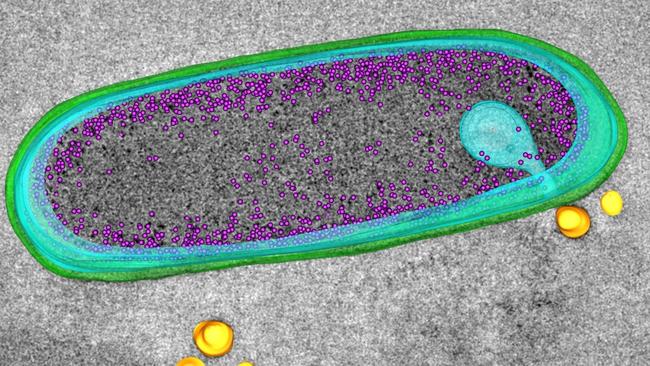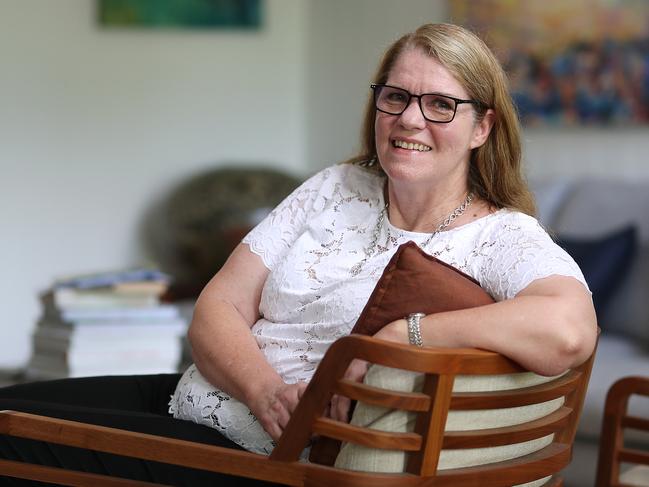Study to probe gut health link to autism
Queensland adolescents with autism are being recruited for a pilot drug trial testing the controversial theory that poor gut health contributes to behavioural problems and mental health issues.
QLD News
Don't miss out on the headlines from QLD News. Followed categories will be added to My News.
QUEENSLAND adolescents with autism are being recruited for a pilot drug trial testing the controversial theory that poor gut health contributes to behavioural and mental health problems.
Paediatrician Honey Heussler, of the Queensland Children’s Hospital, said the experimental drug was designed to bind to toxins in the gut, preventing them from being absorbed by the body and reaching the brain, where they could potentially cause symptoms.
Associate Professor Heussler said although significant numbers of autistic children experienced gastrointestinal problems, such as diarrhoea, it was too early to say whether gut health contributed to their autism.
Queensland researchers study medicinal cannabis benefits on anxiety in Fragile X patients
Isaac’s brave brain tumour battle gets some backup
My son’s autism is a gift. I wish others saw it that way
Gym manager develops fitness program to raise awareness for autism
“There’s more and more evidence to suggest the gut may have a role in things like mental health issues, such as anxiety, and exacerbation of autism symptoms in some patients from toxins in the gut that reach the brain,” Prof Heussler said.
“I’m not convinced yet but I do have an open mind.”
Autism is a complex disorder that occurs across a spectrum of severity and is likely to have a number of causes, including genetics and environmental factors. Some scientists believe gut health is involved.”
A recent American study followed 18 children with autism for two years after they had received faecal transplants to improve their gut microbiome – the microbes that make up the gastrointestinal tract.

The Arizona State University researchers found a significant drop in the severity of the children’s autism.
Prof Heussler described the results as “astounding” and “fascinating”, but cautioned they would have to be replicated in a much larger study before being accepted by the scientific community.
She said the trial of the Axial Biotherapeutics drug, which could be mixed into food as a powder, would involve at least 25 adolescent boys who experienced gastrointestinal problems, but not constipation, in Brisbane, Sydney and Auckland.
They will be required to undergo blood testing.
Prof Heussler said the trial was designed to test the drug’s safety as well as its effectiveness in adolescents. A previous study showed it was safe in adults.
She said if it proved promising as a treatment, another trial was likely in younger children before it was tested in a gold standard scientific study where it was assessed against a placebo in hundreds of patients.

Axial’s senior vice-president of pre-clinical research and development Stewart Campbell said he hoped the trial could be completed within a year.
“We’re not saying gut toxins are the cause of autism,” he said. “It’s called a spectrum disorder because there’s a wide range of symptoms and there’s no one single cause. What you have is a host of things coming together. We’re simply targeting one factor that we think is contributing to autism.”
To take part in the trial, phone 3069 7709 or email CHQ_RD@health.qld.gov.au
Originally published as Study to probe gut health link to autism


